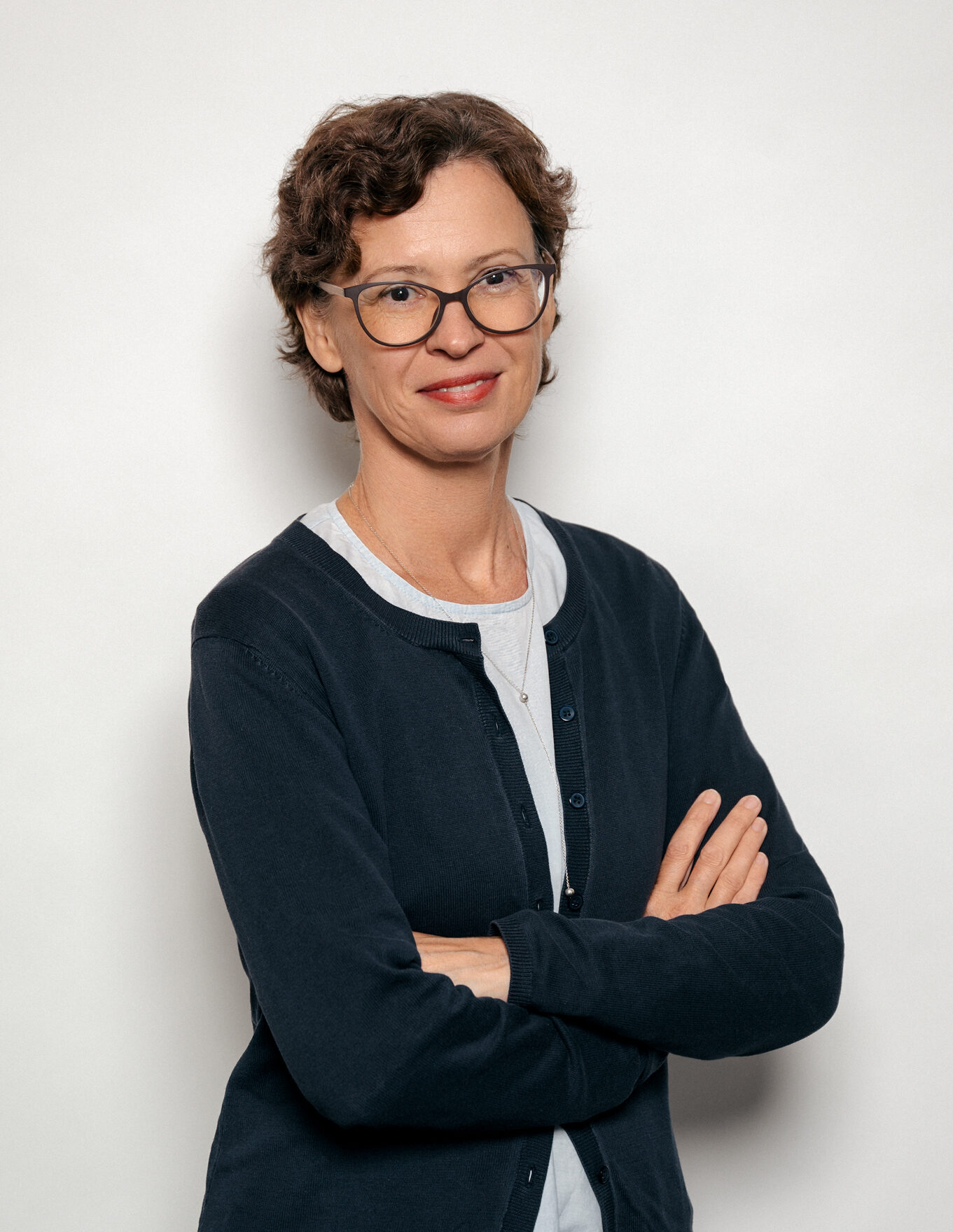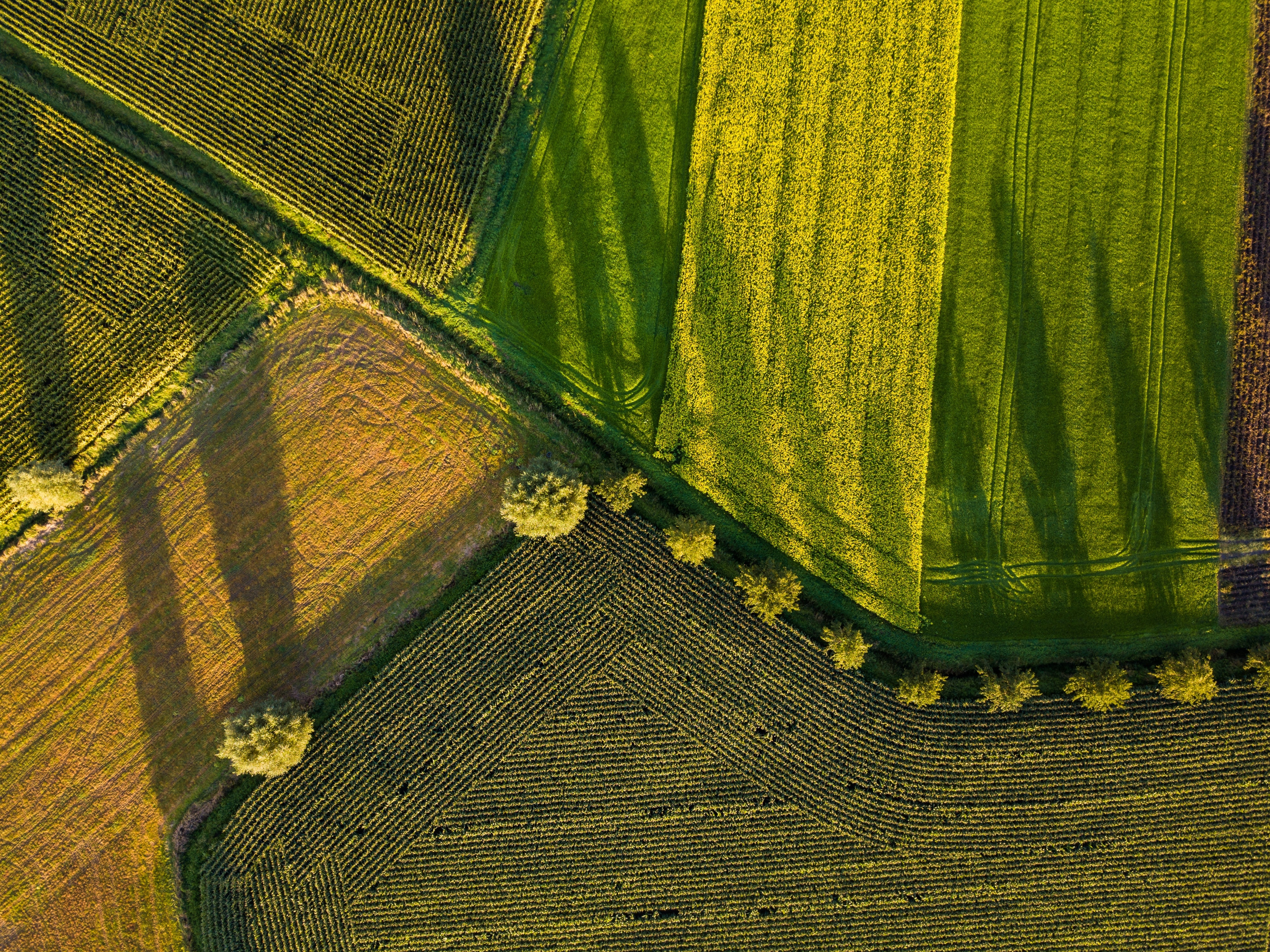NordForsk received a total of 111 eligible proposals by the deadline in December 2023, many of very high quality. The ten funded projects will have a duration of 3 to 4 years and will address issues such as energy-efficient and resilient food production systems, environmental justice, and legitimacy in green energy initiatives.
The overall success rate for research proposals in the call is nine percent. The projects include partners from all involved countries, with project coordinators from all countries apart from Estonia and Iceland. This makes a well-balanced portfolio in terms of geographic distribution across the Nordic-Baltic region.
Aušra Brazaitytė from the Lithuanian Research Centre for Agriculture and Forestry will lead the first Baltic-led project to receive funding:
- Green nitrogen transition: The potential of legumes in control environment agriculture
Project leader: Aušra Brazaitytė, Lithuanian Research Centre for Agriculture and Forestry, Lithuania
Funded partners from Finland, Lithuania, Sweden
Two more projects, in partnership with Lithuanian research institutions, have successfully secured funding:
- Gendered norms and practices in Nordic and Baltic Climate Policy Institutions: implication for the Climate Transition
Project leader: Annica Kronsell, University of Gothenburg, Sweden
Funded partners from Finland, Iceland, Lithuania, Sweden - Transformative environmental justice
Project leader: Vasileios Galis, IT University of Copenhagen, Denmark
Funded partners from Denmark, Finland, Lithuania, Norway, Sweden
“The commitment from national research funding organisations from all Nordic countries, Estonia, and Lithuania gives us good reasons to expect significant Nordic-Baltic added value from the investment in the ten research projects,” says Bjørnar Solhaug Komissar, responsible for the Green Transition initiative at NordForsk.







